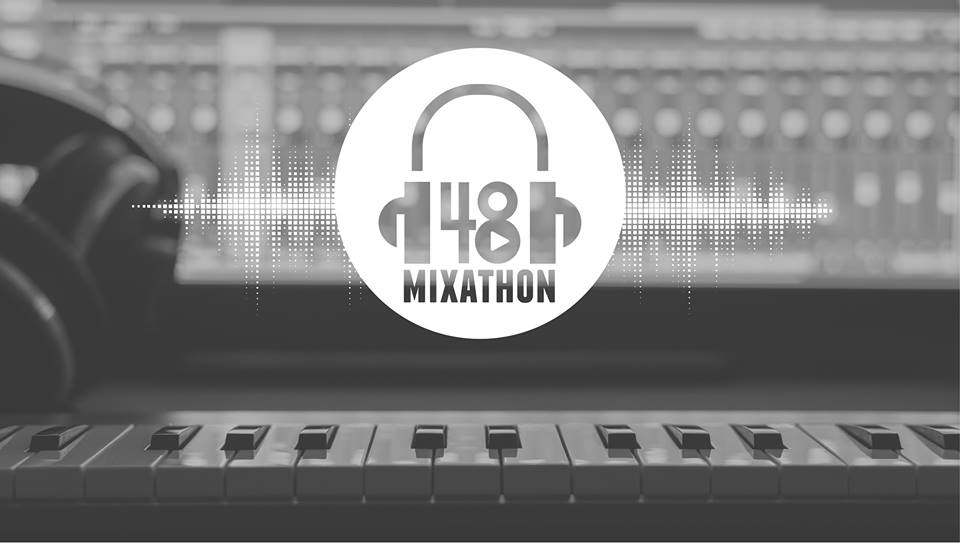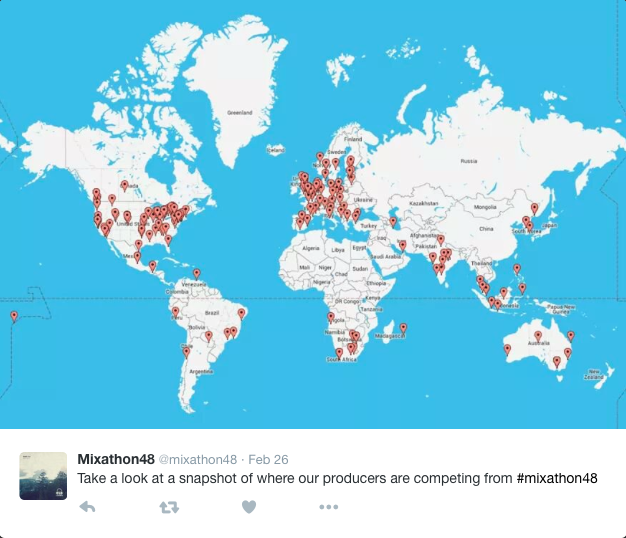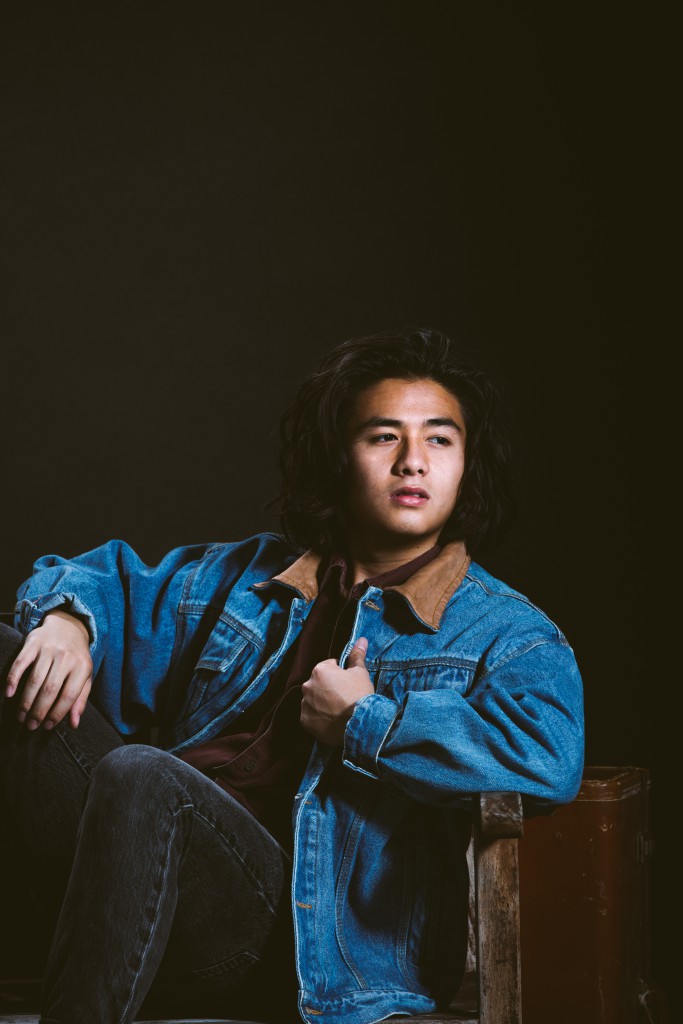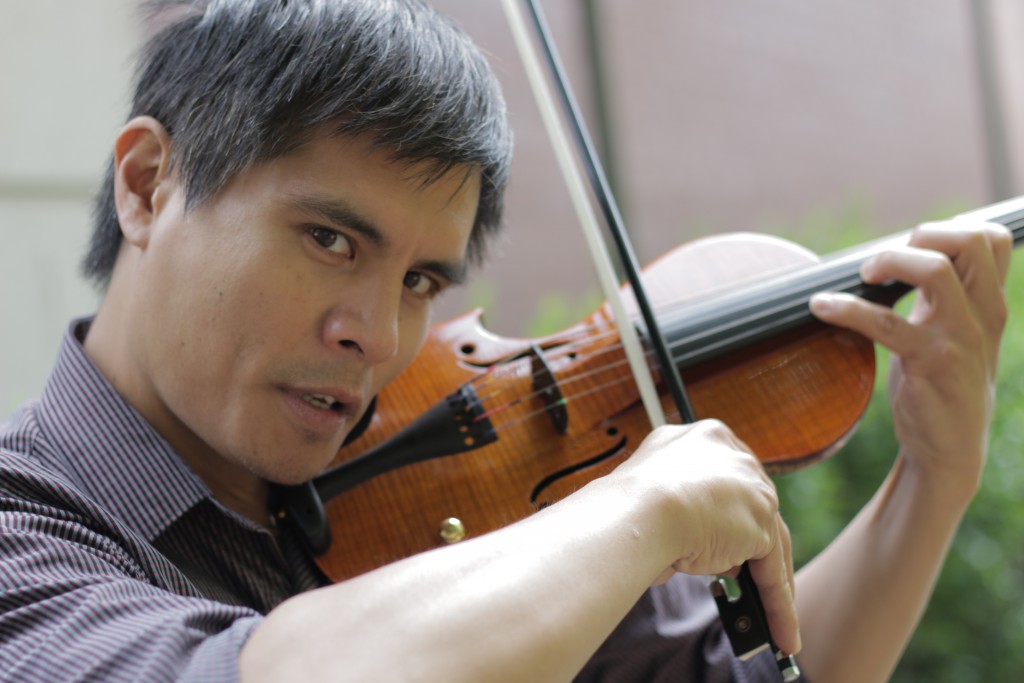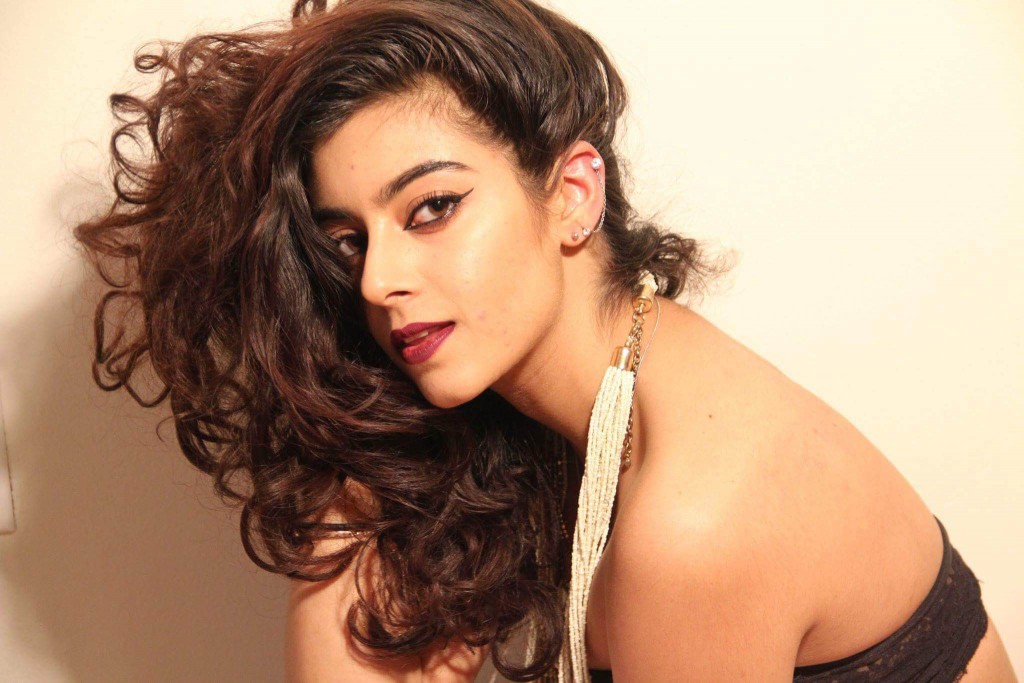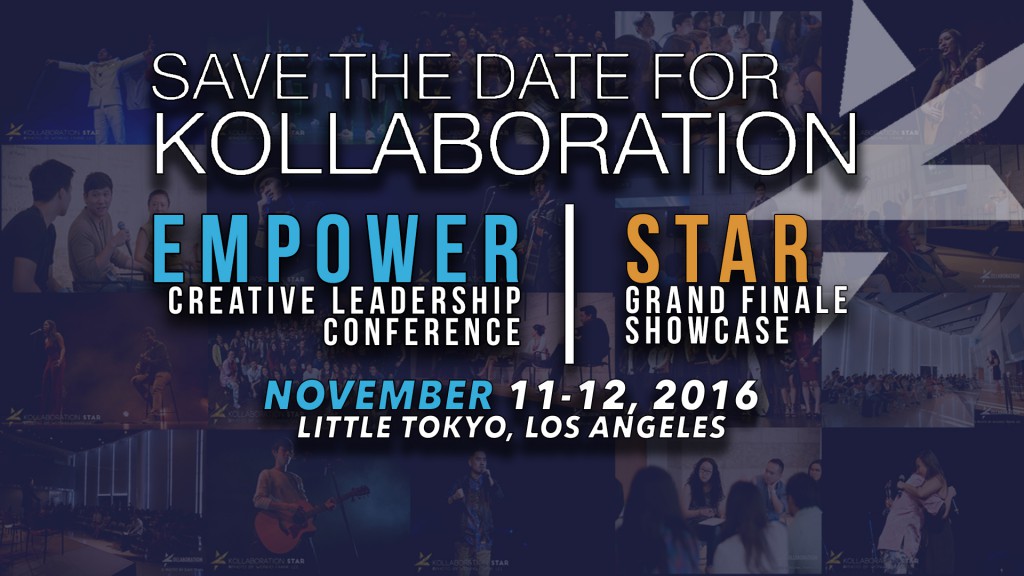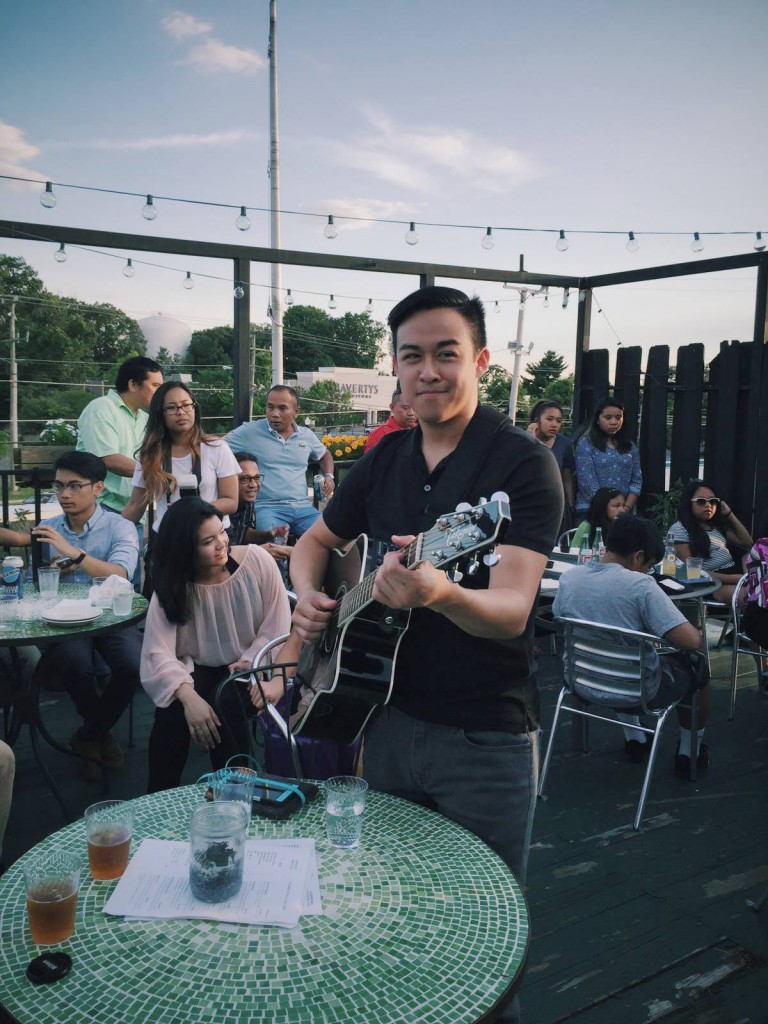Kollaboration Atlanta’s Kaptivated, rapper
My government name is Edward Sun. I’m Chinese American, I was born and raised in Atlanta, I’m 22 years old. The meaning behind the phrase “Kaptivated” is that a lot of who I am today has to do with my faith. Captivated by love that God has shown me, and because of that I do a lot of what I do. The things that I talk about, the Asian American experience and who I am in general, is all wrapped up and comes out of that idea. It’s just spelled with a K so people can find me.
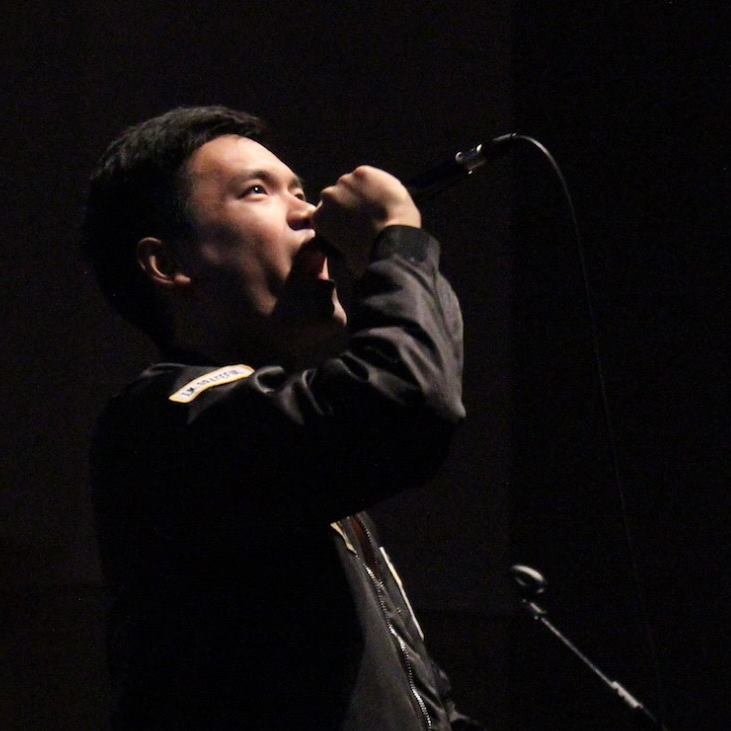
How did you find out about Kollaboration?
I have a friend who did Kollaboration, his name is Josh Fu he’s part of The Fu Muisc, who were competitors. Both of them went to my church, and I heard about it when they started making music, and looking through stuff that they’ve done I saw that they’ve performed at Kollaboration. I started thinking about auditioning, and then I did it. That’s when I auditioned for Kollaboration Atlanta last time. This is the second time.
How do you feel that you’ve gotten this far?
It’s crazy. I remember specifically the first time I auditioned for Kollaboration Atlanta, I remember a friend of mine asked, “what if you win?” Then another friends of mine who was there said, “You’re not gonna win.” That was a couple of years ago, and it’s really crazy to see that now I have that exact opportunity that I didn’t think I could get or have. Plus, it wasn’t even all by myself, it was the people who have been seeing me do what I’ve been doing for a long time voting for me and supporting me. It’s not just that I’ve been given the opportunity by you guys, which I really appreciate, but it’s also I never really understood how much my fans really support me. I feel so blessed.
Why did you decide to audition for Kollaboration Atlanta again?
The first time that I did it, it was a great experience. I really think I grew a lot from it and I met a lot of great people. It was the biggest show I’ve ever been to, and I always was thinking maybe I’ll try again. I think it was mostly the fact that during the first time I auditioned, I didn’t know who I was. I didn’t know my musical identity, what I really wanted to accomplish with my music, and I realize that it didn’t really make sense what I was trying to communicate. What can I do with this audience, an Asian American audience, that I can’t do anywhere else? So I wrote a song about he Asian American experience and that song really aligns with Kollaboration’s mission, and does something that can only be done with this specific audience. Not only have I grown into what I believe I really know who I am now as a musician, but I think it’s just a greater purpose than just me getting greater exposure. I feel like redoing it with those things in the right place is worth doing.
How did you get started in music?
Two things happened at the same time: my older brother started rapping first, and me getting my first iPod. So I got my first iPod and started listening to a lot of rap, and one song I listen to was “Stand” by Eminem. That song made me realize how powerful hip-hop could be, so while I had that realization, I watched my brother start to rap. I had the relaxation the hip-hop is very powerful, and also anyone can do it. That kind of compelled me to do the same thing and start writing. That was around freshmen year of high school, and I started writing two songs a year. It was no big deal for me, but then I started to show my friends my music and they would all say, “You need to record a CD!” Freshman year of college they bought me the microphone, and that’s when I started doing Kaptivated.
When did you start taking Kaptivated for real?
I kind of got started my freshmen year of college, I’m a senior now, it was three years ago and my friends put together a bunch of money to buy me a microphone for my birthday. After that I’m like, “I need to take this seriously, so I’m going to do this for real.” So I started recording and then I released my first mix tape that year, and that’s when I started pursuing it for real.
How do you describe your style?
I think it’s pretty precise, it’s not like Lupe or really relaxed. I tend to be less poetic and more this is what I’m trying to say. It came from listening to a lot of specific kinds of hip hop. I guess there’s a lyrical side of hip hop and there’s a more conversational side, and I listen to those kind of rappers. For example, when I was just getting into hip-hop I listened to a lot of B.O.B. and the Cray, Logic, and Drake, and all of them just say what they’re trying to say. Like Lupe Fiasco, you have to really listen to what he’s trying to say. I think it was just what I was exposed to is what I was trying to do and imitate.
Why do you think representation in the arts is important?
I think it’s because Asians exist in America. If there were no Asian, I wouldn’t care. But because we exist, there are a lot of issues that we experience that I think are unique to us. We don’t have anyone to look up to, we don’t have anyone who is leading and how to deal with that kind of experience. If we do have those people, they’re not in media, which is the best way for us to even observe. Also, people just don’t know our experience, and because there’s no representation, you get broad misunderstandings of who we are, what we think, how we feel. That manifests itself in stuff like stereotyping and racism. Ultimately, I think it’s better for society as a whole if these people exist, they should be represented.
What’s it like being a rapper when there aren’t many Asians in the field?
Music could be made by anyone, but it feels like I have a lot of space to do what I want to do and be myself. I have a lot of freedom, as in I can only copy other people to an extent because it’s never been done. And if it has been done, it’s only been done one way. So I think that I have a very unique privilege when it comes to speaking— especially through hip hop because it’s very dense a genre. You can say a lot more in hip hop than you can in other genres and one of the biggest things about hip hop is its authenticity, more so than most other genres. The tool that I have in my hand is very powerful, and for me to be able to use it with a unique perspective for a unique audience and share a unique story, it’s great. It’s exactly what I think we need, so it’s really good to know that I’m filling a need.
You said your brother raps too, so how has it been telling your parents you both want to do this?
At first it was a lot of, “You guys have to understand this is just a hobby. You’ll never be the best so you might as well as do something else to be the best as like doctor or lawyer. But after I started putting together shows and performed at Kollaboration… I think the tipping point was more when I needed all this equipment and my parents said, “Is it a necessity? Because I’m not buying it for you.” So I worked at Apple and all of the money I got I spent on music equipment. I guess it made them realize how serious I was, and at that point they’ve been a lot more supportive. They will never really say, “we want you to do this for a living.” but they will come out to my shows and share the stuff that I post. They’ll understand that I care about it.
What’s your advice for people who want to get started but are too scared?
Yo, if you have a gift or a passion, do it no matter what. I think like what you like, and do what you want to do. If you do it well, and some areas it’s going to be harder to get full time than in other areas, but you can do it if you work hard enough. Just do it, be yourself.
Follow Kaptivated on YouTube, Facebook, Twitter, Instagram, and Soundcloud, and be sure to catch him perform at Kollaboration STAR 2016!
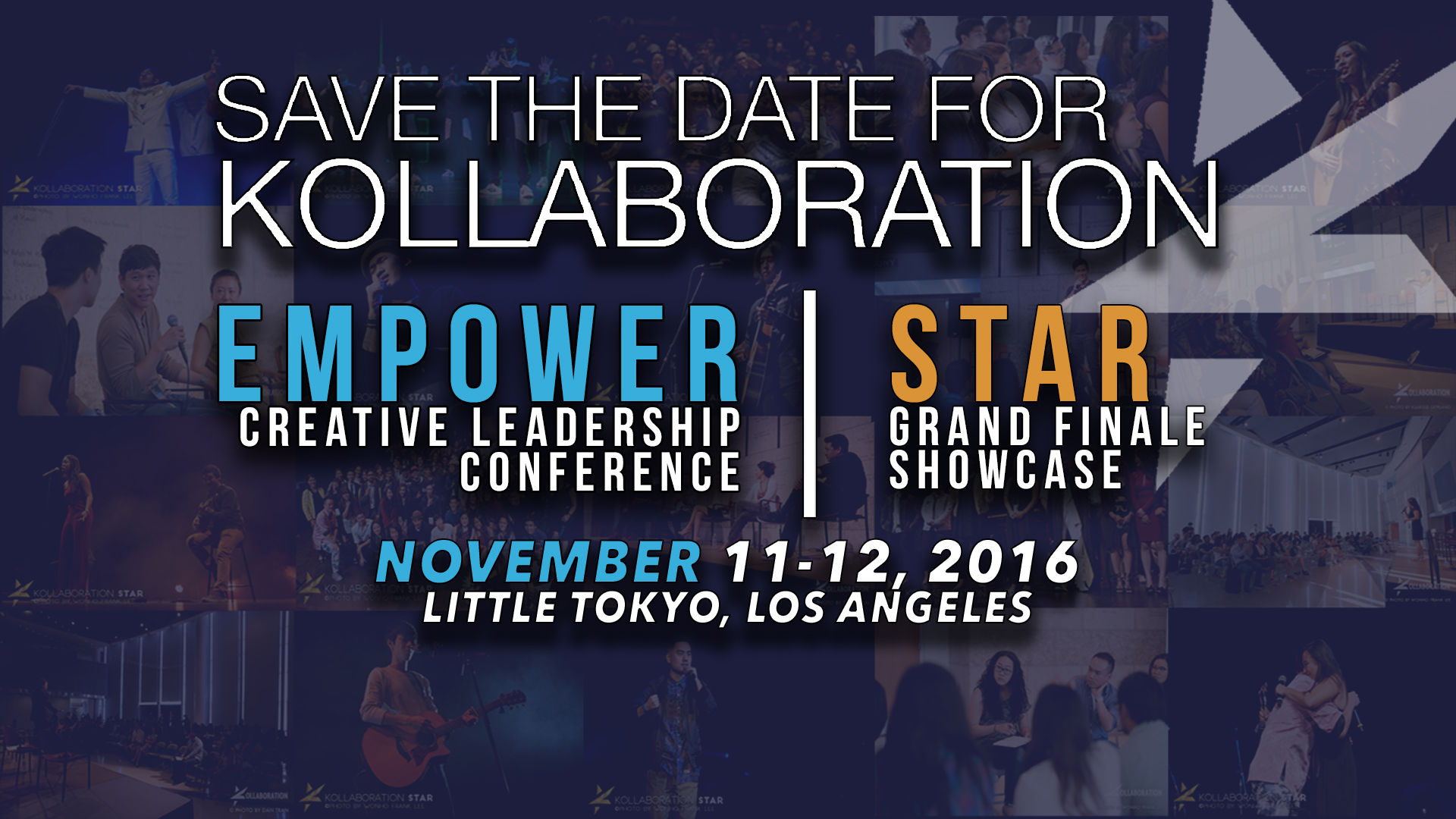
![]()


